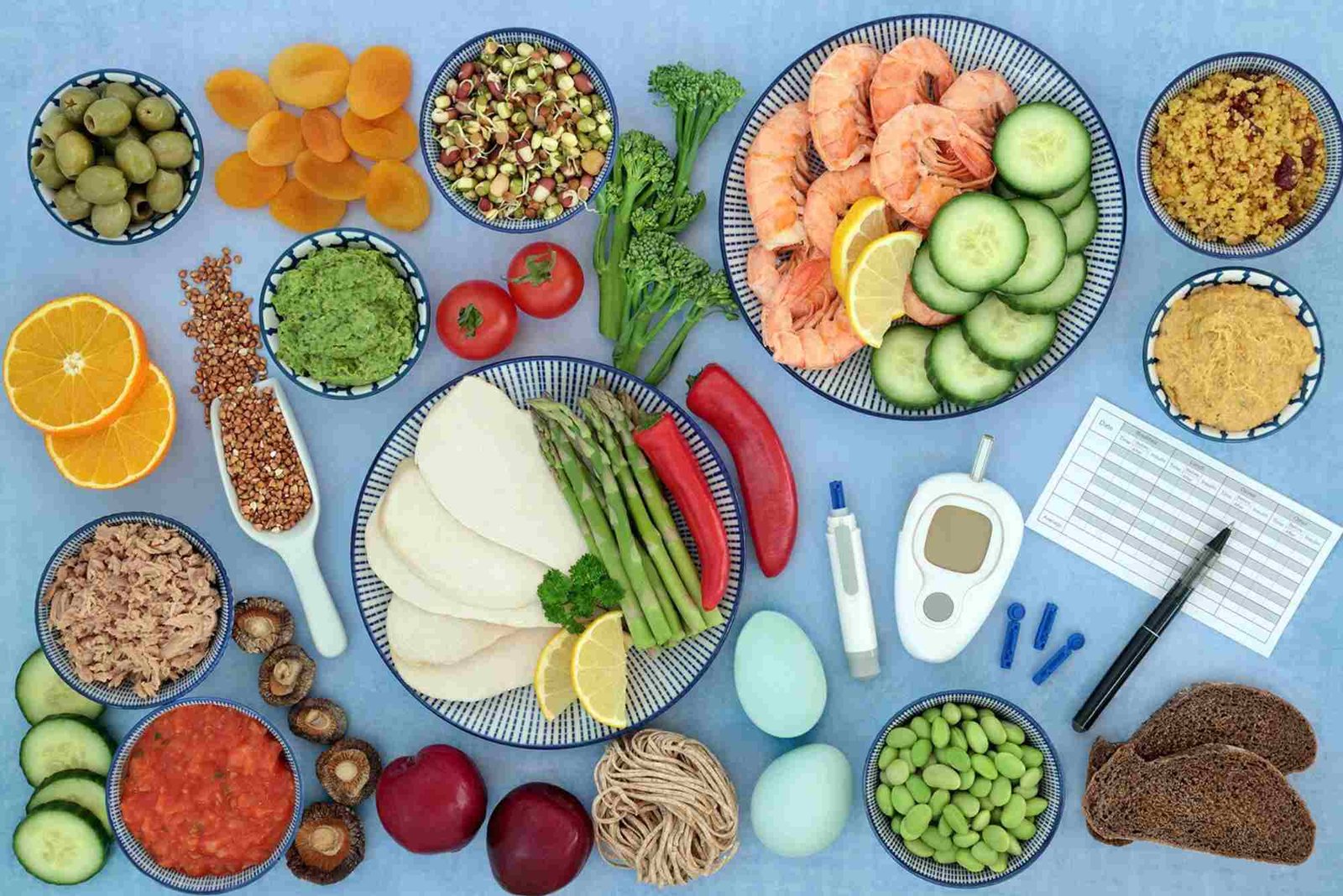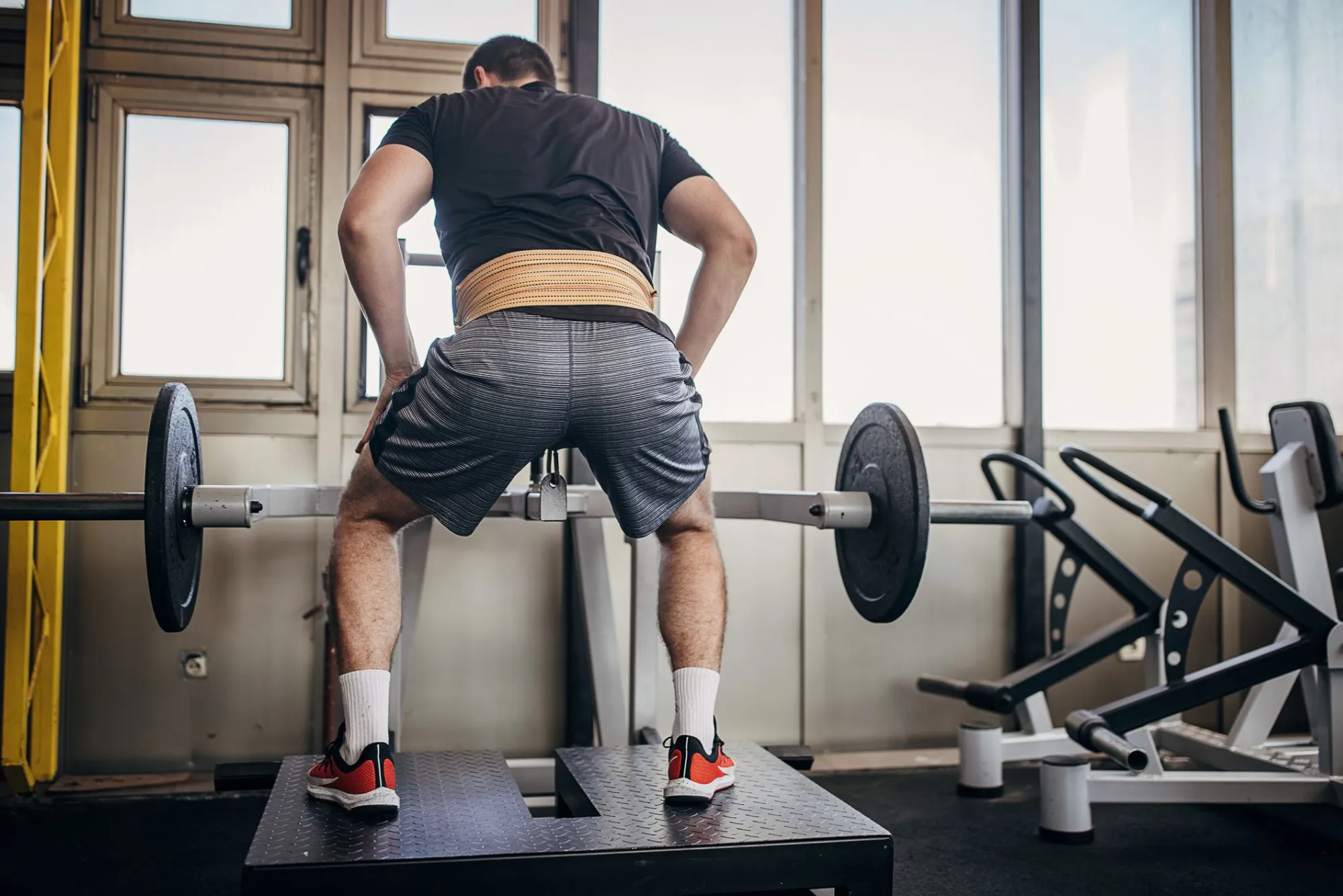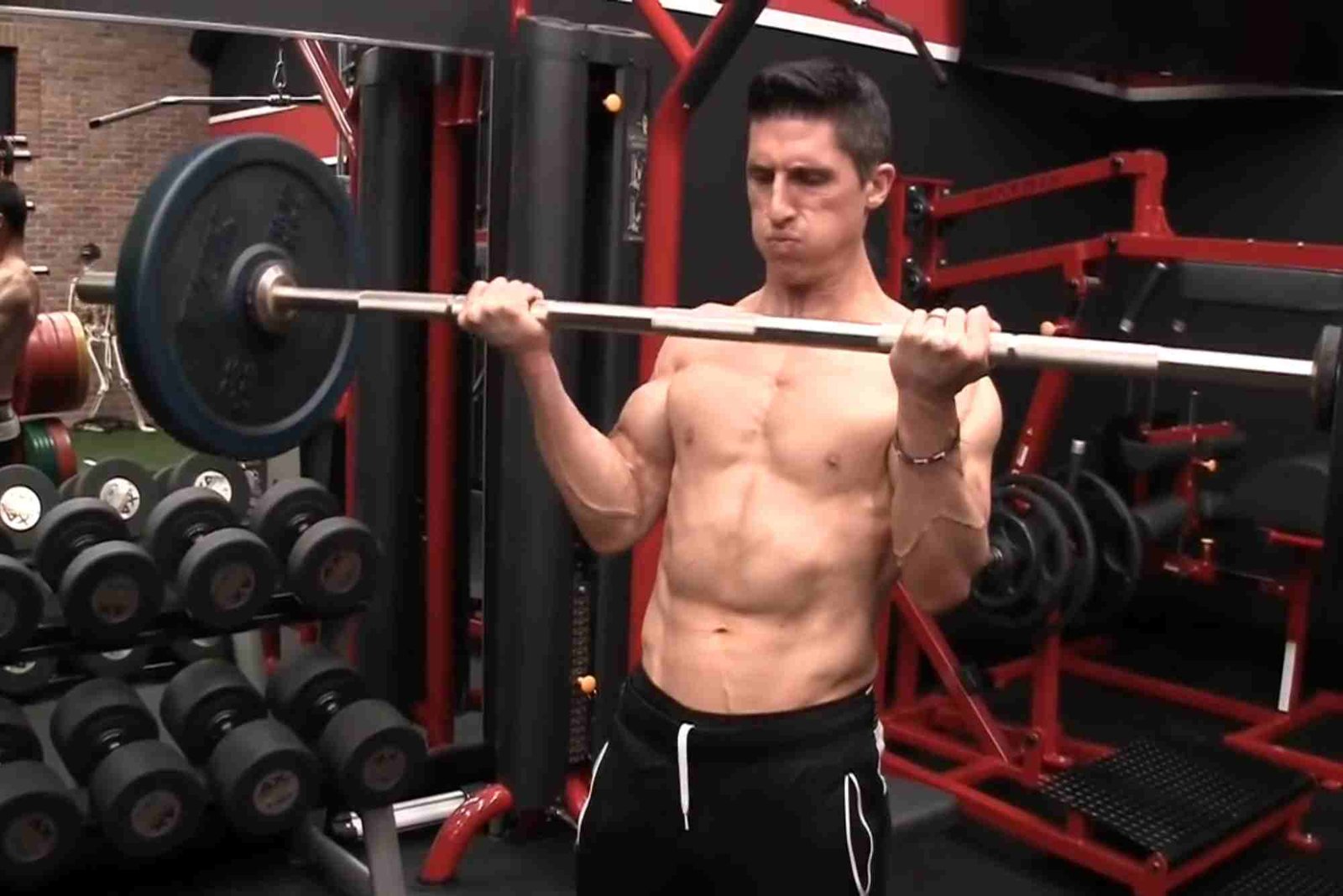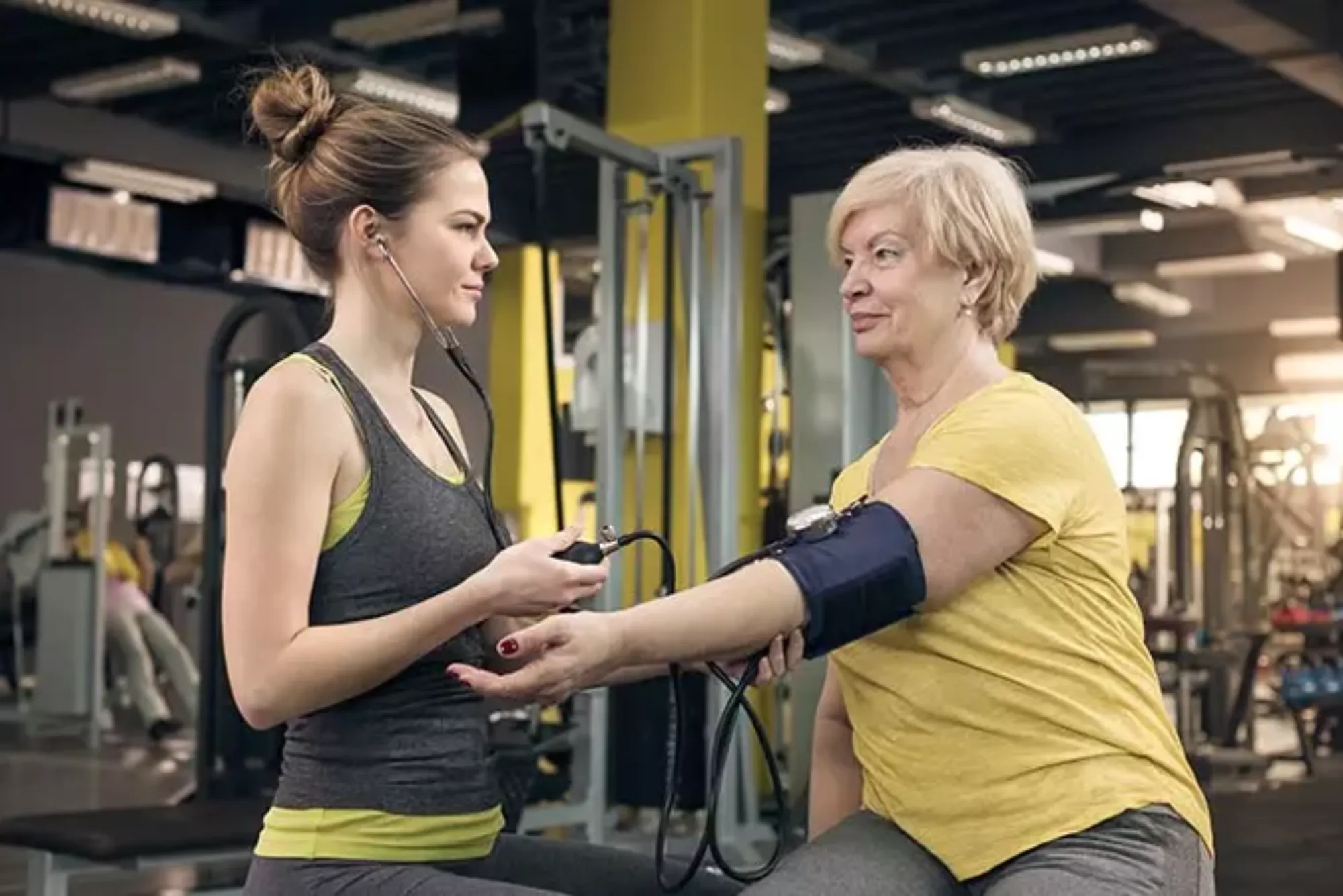Introduction
Knowing how long before you exercise should eat can make a huge difference in your energy, performance, and recovery. Whether you’re lifting weights, running, or doing yoga, timing your meals properly ensures that your body has the right fuel to perform at its best. Eating too close to a workout can cause discomfort, while waiting too long after eating can lead to fatigue and poor endurance. This detailed step-by-step guide will help you understand when and what to eat before working out, offering a complete checklist for all types of exercisers.
Understanding the Importance of Pre-Workout Nutrition
Your body uses food as fuel. Before you exercise, it needs carbohydrates for energy and protein for muscle repair and endurance. Eating the right food at the right time can prevent dizziness, weakness, or stomach upset during workouts. It can also enhance focus and ensure that your body doesn’t burn muscle tissue for energy.
Many fitness experts and nutritionists emphasize that the timing and quality of your pre-workout meal are just as important as your workout routine. By following this step-by-step checklist, you can find your perfect pre-exercise eating window.
Know Your Workout Type
The timing of your meals depends on the type of workout you plan to do. For example, if you are doing a high-intensity workout like sprinting or HIIT, you need easily digestible carbs an hour before exercise. However, if you’re doing light yoga or walking, you may not need a heavy pre-workout meal.
High-Intensity Training
Eat a balanced meal 2–3 hours before exercise. Include complex carbs like oats, rice, or whole-grain bread, lean protein such as chicken or tofu, and a small amount of healthy fat.
Moderate-Intensity Training
Eat a small snack 1–2 hours before your session. This could be a banana with peanut butter or a protein smoothie.
Low-Intensity or Short Workouts
If you’re only doing light stretching, a quick fruit snack or yogurt 30–45 minutes before should be enough.
Timing Your Pre-Workout Meal
Timing is everything. The closer you eat to your workout, the lighter your meal should be. Generally, it’s best to eat:
-
2–3 hours before exercise: A full meal with carbs, protein, and fat.
-
1–2 hours before: A light meal or snack that’s low in fat and fiber.
-
30–45 minutes before: A small, quick source of energy such as fruit, toast, or a smoothie.
For a complete guide, you can learn more about how long before you exercise should eat. This will help you build a customized eating schedule based on your workout goals and routine.
What to Eat Before Exercise
Choosing the right food is crucial. Your meal should provide sustained energy without causing stomach discomfort. The ideal pre-workout foods combine carbohydrates and proteins, with minimal fat and fiber.
Examples of Balanced Meals
-
Grilled chicken with brown rice and vegetables (2–3 hours before workout)
-
Greek yogurt with berries (1 hour before)
-
Banana or apple with peanut butter (30 minutes before)
-
Whole-grain toast with honey and boiled eggs (1–2 hours before)
Avoid heavy, greasy, or fried foods, as they slow digestion and can cause nausea during exercise.
Hydration Checklist
Hydration is just as important as food. Dehydration can lead to fatigue, cramps, and reduced performance. Begin hydrating hours before your workout and continue during exercise.
-
Drink at least 16–20 ounces of water 2–3 hours before your session.
-
Sip 8 ounces 20–30 minutes before starting.
-
If you’re sweating heavily, drink a beverage with electrolytes.
Water supports circulation, muscle function, and temperature regulation — all critical for safe and effective workouts.
Customize Your Eating Plan
Each body reacts differently to food. You may need to adjust your pre-workout eating window depending on your metabolism, meal size, and workout type. Keep a fitness diary to track what works best for you.
Ask yourself:
-
Did I feel energetic or sluggish?
-
Was I too full or hungry during the workout?
-
Did I recover quickly afterward?
Over time, you’ll find the ideal balance between meal timing and performance.
Avoid Common Mistakes
Even experienced athletes make mistakes when it comes to pre-workout nutrition. Here are the most common ones:
-
Eating too close to exercise: Can cause cramping, bloating, or nausea.
-
Skipping pre-workout meals: May lead to low energy or dizziness.
-
Eating high-fat or high-fiber foods: Slows digestion.
-
Drinking too much caffeine or sugar: Causes energy crashes mid-workout.
Learning these sports & fitness basics can help you plan your nutrition strategy effectively and stay consistent with your goals.
Adjusting for Morning vs. Evening Workouts
Morning Workouts
Your body is dehydrated after sleep, and blood sugar levels are lower. Have a light snack like a banana, oatmeal, or a smoothie before you start. Drink water immediately after waking up.
Evening Workouts
If you’re exercising after work or dinner, eat your last meal about 2–3 hours before your session. Include lean protein and complex carbs. Avoid large portions or late-night snacks after your workout, as they can disrupt sleep.
Post-Workout Considerations
While this guide focuses on pre-workout meals, post-exercise nutrition is equally important for recovery. Within 30–60 minutes after your workout, eat a combination of carbs and protein to replenish glycogen and repair muscles.
Examples include:
-
Protein shake with banana
-
Grilled fish with quinoa and vegetables
-
Yogurt with honey and nuts
This helps you recover faster and prepares your body for the next workout session.
Exercise Safety Guidelines
Always pair good nutrition with safe exercise habits. Overexerting yourself or ignoring your body’s warning signs can lead to injury. Follow official exercise safety guidelines from the CDC to ensure you’re exercising properly, maintaining good posture, and using appropriate equipment.
Safety and preparation go hand in hand with proper nutrition. Listening to your body’s signals will help prevent dehydration, exhaustion, and injury.
Creating Your Personalized Pre-Workout Checklist
Here’s how to build your own pre-workout eating checklist:
-
Choose the type of exercise (cardio, strength, or flexibility).
-
Schedule your meal 2–3 hours before exercise if possible.
-
Plan balanced meals with complex carbs and lean proteins.
-
Avoid high-fat, spicy, or heavy foods.
-
Drink water throughout the day.
-
Keep a record of what works best for your body.
Following this simple plan ensures consistent energy and better performance every time you work out.
The Science Behind Timing
Studies show that eating before exercise improves endurance and strength. Carbs supply glucose, which your muscles use for energy, while proteins aid muscle synthesis. If you train on an empty stomach, your body may use muscle tissue for fuel, reducing overall performance and recovery speed.
Athletes often follow the “3-2-1” rule: eat a large meal three hours before, a light snack two hours before, and a quick energy boost one hour before training. This approach stabilizes blood sugar and maximizes workout efficiency.
FAQs
What happens if I work out on an empty stomach?
Exercising without eating can cause fatigue, lightheadedness, and reduced performance. It may also lead to muscle loss over time if done frequently.
Is it okay to drink coffee before exercising?
Yes, caffeine can boost alertness and endurance, but limit it to 1–2 cups and avoid drinking it too close to bedtime.
What should I eat 30 minutes before a workout?
A banana, small smoothie, or a slice of toast with honey are great options for quick energy.
How much water should I drink before exercising?
Drink 16–20 ounces two hours before your workout and another 8 ounces right before you begin.
What’s the best meal for muscle gain before a workout?
A combination of chicken breast, brown rice, and vegetables eaten two hours before exercise works best for building muscle.
Eating before a workout is more than just about satisfying hunger—it’s about giving your body the fuel it needs to perform and recover effectively. By following this How Long Before You Exercise Should Eat Checklist (Step-By-Step Guide), you can find the perfect balance between energy, digestion, and performance.




